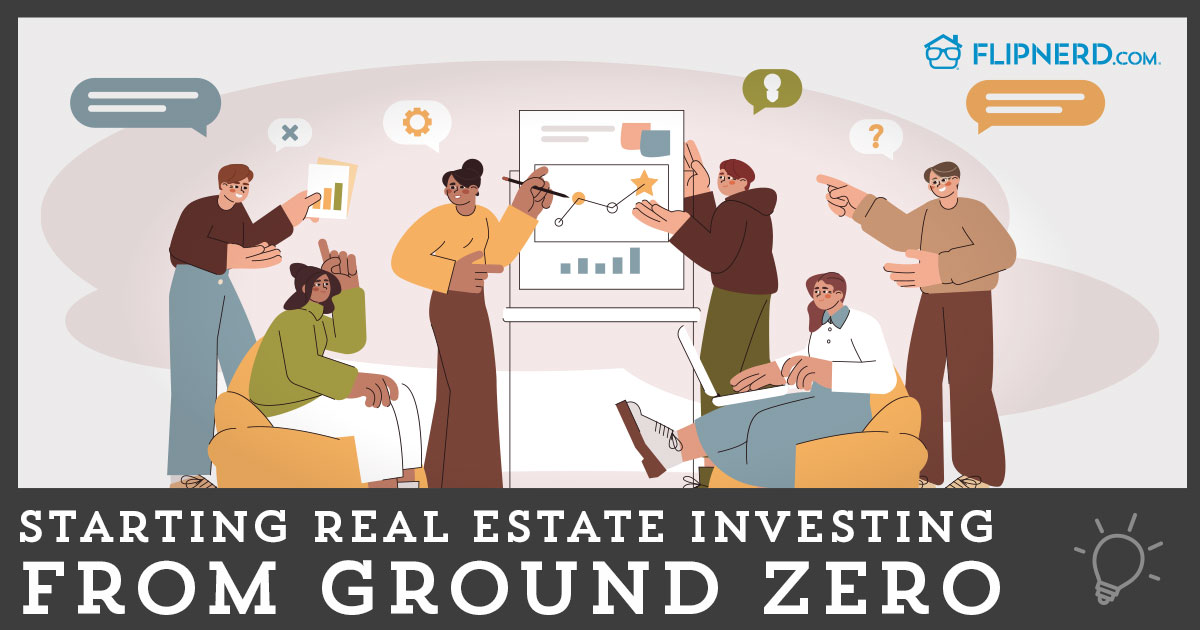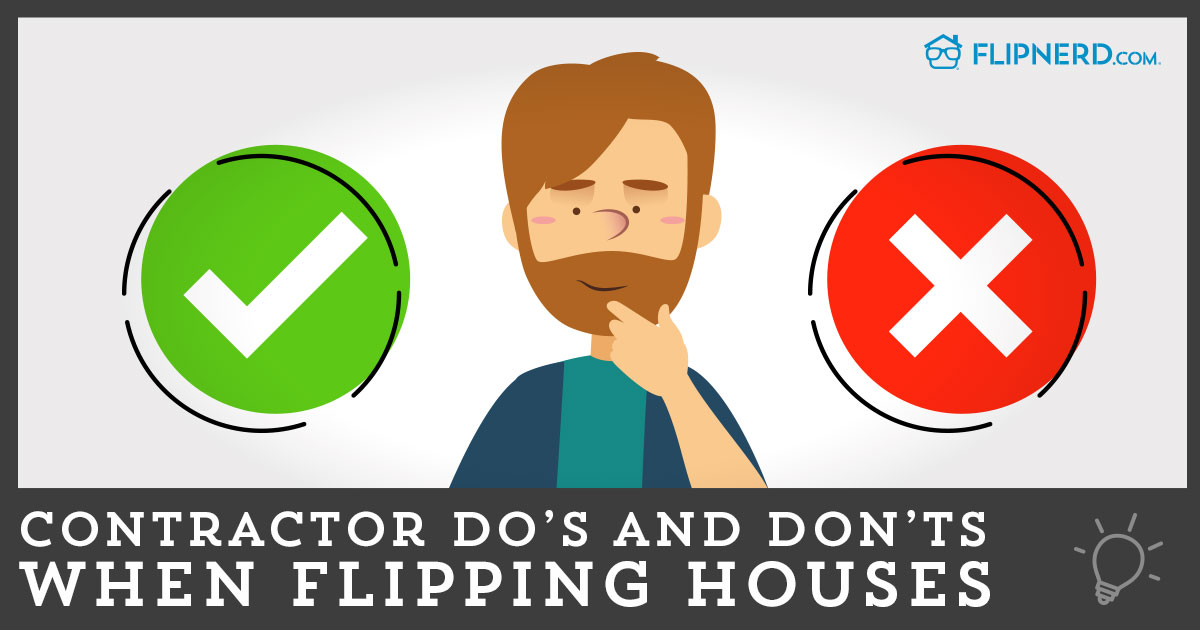Some of you live in a city that is extremely difficult to find sufficient deals to make a decent profit. You know who you are and most wish they weren’t in this predicament.
Rehabbing and doing deals outside of your market can be scary for new real estate investors, but if you know the basics, it might just be your answer to higher profits each month. With the market thriving, prices are going up, properties aren’t staying listed for long, and discounts aren’t as easily found.
Big cities such as Dallas and Atlanta are consistently having increases in property values, which is perfect if you got in several years ago during the downturn. What about the investors wanting to purchase now?
You just need to be a bit more creative.
Think outside the box. Literally.
What smaller cities are around you that might work for your margins? Instead of working in a 20-mile radius, enlarge it to a 100-mile radius and look for numbers that work for your business model. If there’s a nearby city that you’re familiar with, that might also be a good area to look into.
What worked for investors five years ago in Atlanta isn’t going to work for them today. When you start to see a lull in your activity, step back and evaluate what you need to do to keep business up.
Many of you are thinking, “I don’t want to travel all around” or “I need eyes on the property before I buy” and these are valid points to bring up. Investing outside of where you live in is best done with a good amount of research on the area (schools, crime rates, price comparisons for homes nearby, typical finish-outs in the area, HOA rules and fees, etc.).
Going in blind is going to cost you time and money, so don’t do that.
If you have someone in the area you’re investing in, it’s always a good idea to have someone knowledgeable walk the house to get a feel on the condition and identify major rehab costs outside of cosmetic updates.
If you don’t have someone on the ground there, it would be best to find a local inspector that has a reputation of working with investors (referrals will be your friend). You’ll want to talk to the inspector and tell him about your exit strategy. If you plan to rehab the home, he’ll be able to tell you the extent of repair needed on the property.
Finding a good real estate agent in the new area can also be incredibly helpful.
You’ll want one who’s worked with real estate investors before.
They can give you a heads up when deals come on the market and can be your eyes on the ground. Having a good business relationship with a real estate agent (that benefits both of you) can be valuable when you’re expanding your reach.
In addition to having eyes on the ground, you’ll want to be aware of what type of strategy is working best for that area.
If it’s near a college, rentals might be best.
Fix and flips that be great if it’s a neighborhood people want to purchase and settle down in. Rehabbing it so that it has desirable amenities (compared to others for sale in the area) can give the property the edge to get full priced, retail offers.
Be adaptable.
Do your research and know your markets.
When something isn’t working, change it.









